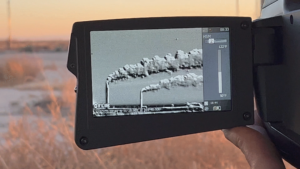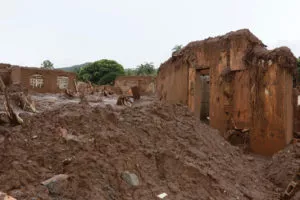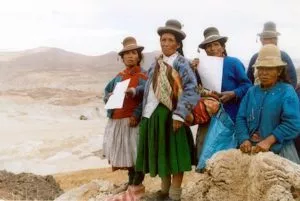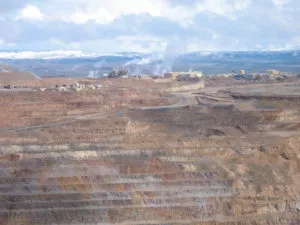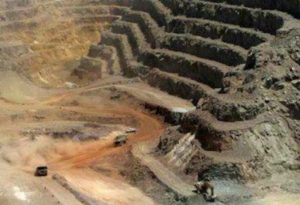REPORT: Unearthing the truth & the power of people in Argentina
Examining the environmental effect of fossil fuels in Vaca Muerta & the push for a greener Argentina
From May 10th to 24th, 2023, a delegation journeyed to the heart of Argentina’s energy sector to capture the realities of some of the nation’s harmful fossil fuel sites. Earthworks conducted field investigations at 36 oil and gas sites in 13 municipalities. The investigation included hydrocarbon operations in Vaca Muerta, the Buenos Aires Dock Sub refineries, and Bahia Blanca’s energy hubs.
Earthworks Field Advocates conduct investigations using Optical Gas Imaging cameras, state-of-the-art and independently verified technologies capable of detecting health-hazardous volatile organic compounds (VOCs), including known cancer-causing toxics, and greenhouse gases, including methane gas that is 80x more powerful at atmospheric warming to CO2, that occur during routine oil and gas operations, or because of faulty equipment, accidents, and intentional releases by operators. Every Earthworks Field Advocate is certified to analyze the data OGI cameras capture.
The findings of this investigation challenge prevailing narratives, shed light on the industry’s harmful impact on local communities and the environment and demand a re-evaluation of Argentina’s long-term energy strategy. The findings conclude that methane and health-hazardous volatile organic compound (VOC) emissions are not well-regulated and pollute Argentina’s oil and gas supply chain. Put in human terms, this means government policies supporting the expansion of oil and gas are increasing the likelihood of health impacts such as eye, nose, and throat irritation, headaches and nervous system effects, organ damage (including kidneys, brain, liver, and lungs), and various cancers – often on historically marginalized communities. The climate harms of this pollution include increased exposure to heat waves, floods, droughts, and other extreme events, increased incidence of infectious diseases, degradation of the quality of air, food, and water, increased conflict and resource scarcity, and increased stresses to mental health and well-being – including for peoples not immediately on the frontlines of fossil fuel infrastructure.
Our report from Argentina is below…
Findings from Argentina
Areas & Regions surveyed
We filmed in many difficult-to-access locations during our exploratory field trip to Vaca Muerta. Sites included Total Energies (a French company-owned fracking and processing plant site), Tecpetrol Fortin de Piedra (a company receiving significant amounts of subsidies and making large profits), Shell, and thermoelectric and refineries and petrochemicals. Our investigation footage includes open-air oil waste retaining basins in a facility that caught fire in 2016.
- Vaca Muerta, Neuquen Province
- Buenos Aires Dock Sud neighborhood refineries & petrochemicals; and
- Bahia Blanca: refineries, thermoelectric plants, petrochemicals.
Key Partners in collaboration
- Fundación Ambiente y Recursos Naturales (FARN) is based in Buenos Aires and conducts economic analysis and litigation.
- Observatorio Petrolero del Sur (OPSur) has a team in Neuquén that engages in grassroots work, including with Indigenous communities.
- Confederación Mapuche de Neuquén is an indigenous organization defending territorial rights and promoting, protecting, and exercising their human and cultural rights as Mapuche people.
- Periodistas x el Planeta (PxP) is a team of five women journalists with a central focus on environmental and climate crisis issues.
Evidence collected
Optical Gas Imaging surveys showed medium to high emissions levels at three fracking locations, six compressor or storage facilities, eight processing plants, four thermoelectric plants, and three refineries, many of which were very close to homes.
Optical Gas Images of Pollution in Argentina
In the News
- CanalAbierto: ” Vaca Muerta vista con otra lente” (5/24/23)
- UNSAM from a journalist who participated in a methane-centered webinar in Buenos Aires organized by FARN and Earthworks.
- Tiempo Argentino: “Vivir al lado de Vaca Muerta: la contracara del boom petrolero” (11/06/23)
- Publica: “Brasil pode apoiar obra que importará gás produzido com fracking na Argentina” (6/22/23)
- Diario AR: “La única verdad es la realidad” (7/12/23)
- Workshop Webinar with FARN. (5/19/23)

